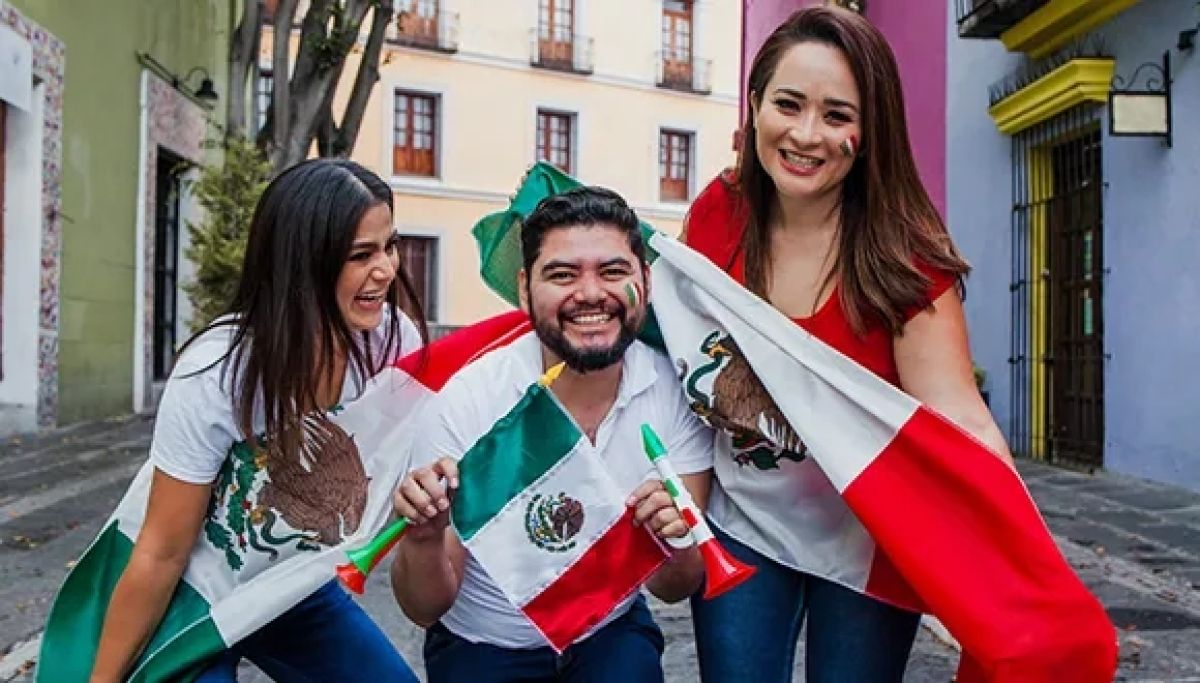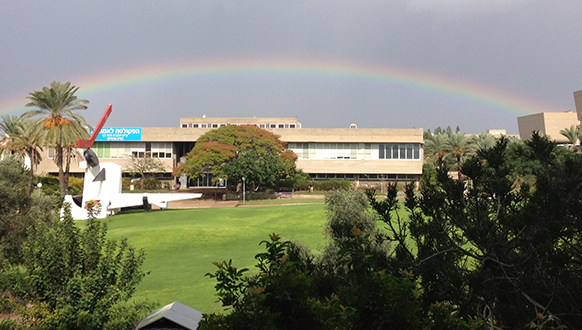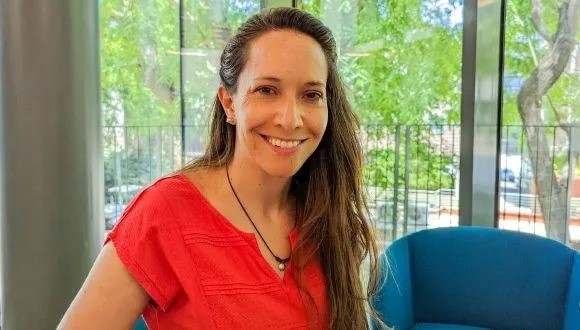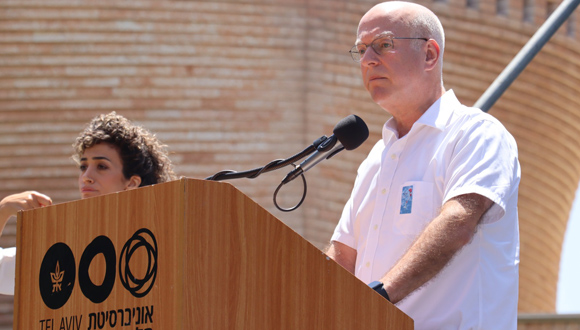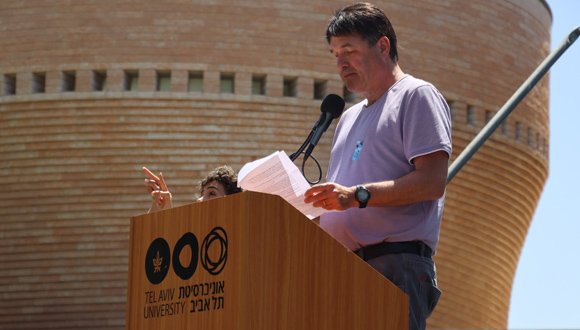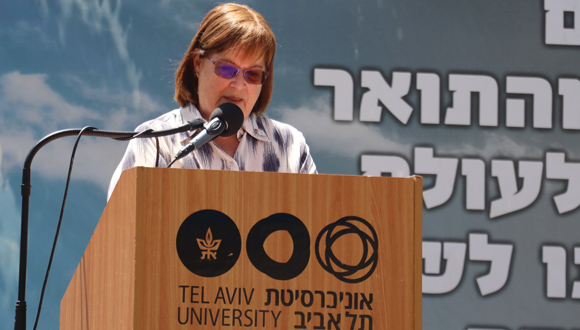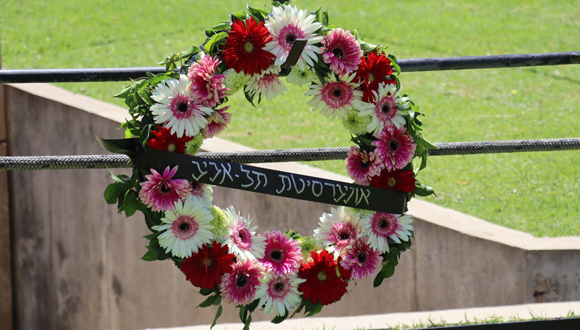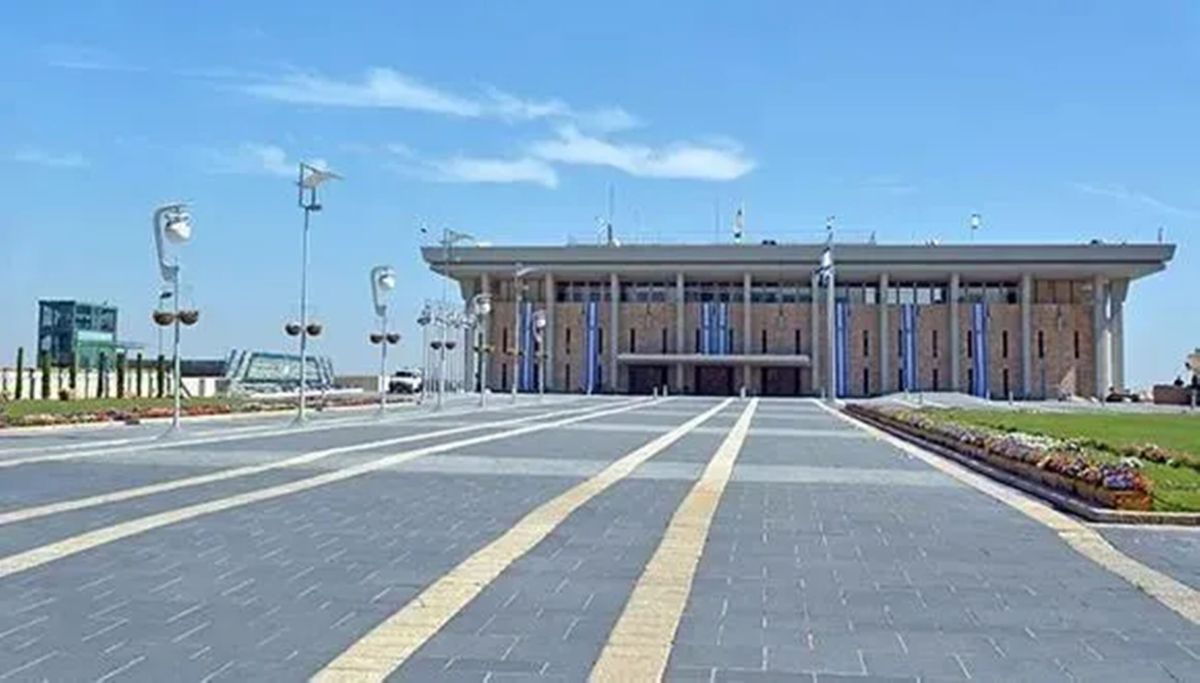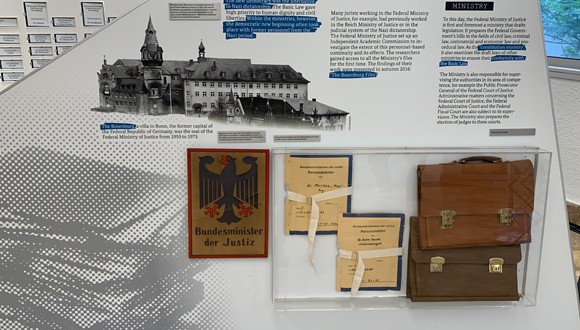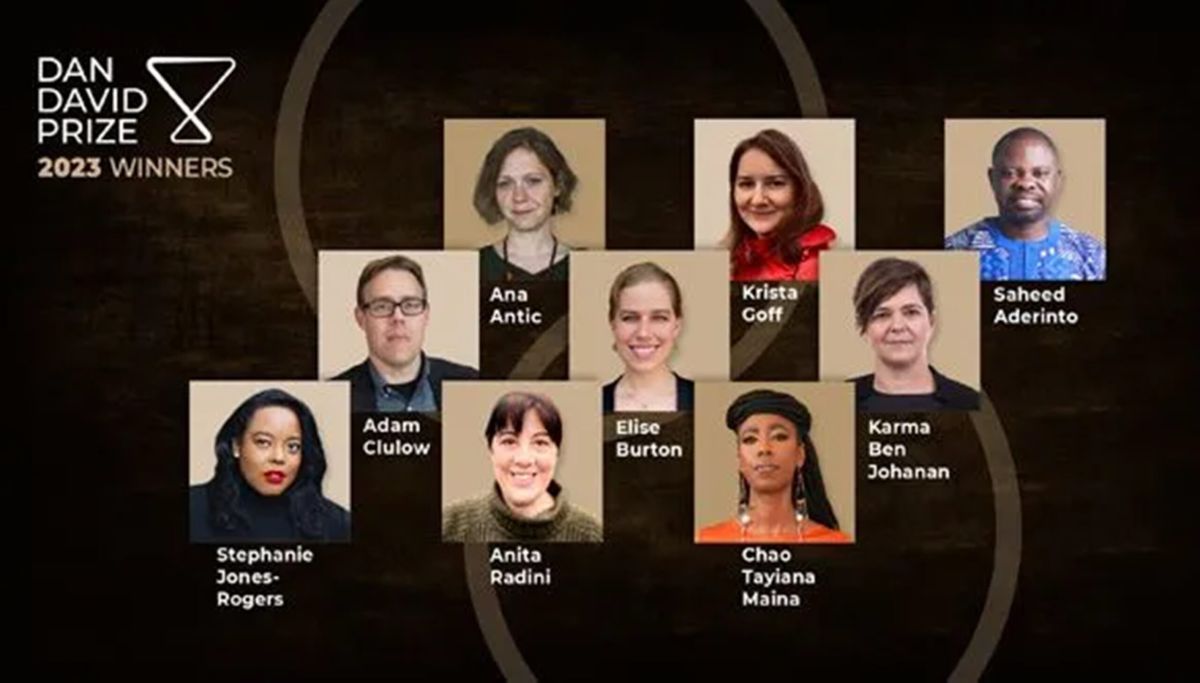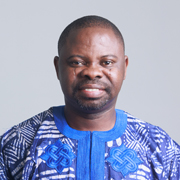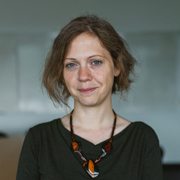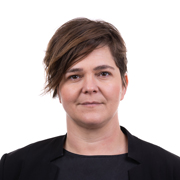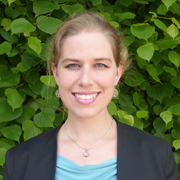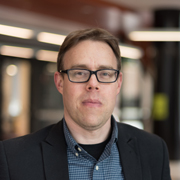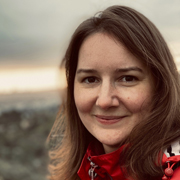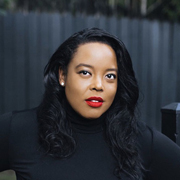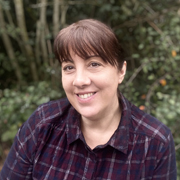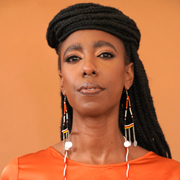Google and Tel Aviv University Launch New AI and Data Science Research Program
Three-Year Program Focused on AI for Sustainability and Education.
Google and Tel Aviv University are continuing their ongoing collaboration and launched a new three-year program for the promotion of Artificial Intelligence (AI) and data science research, through the TAD – Center for Artificial Intelligence & Data Science at TAU, headed by Prof. Meir Feder (from The Iby and Aladar Fleischman Faculty of Engineering) with financial support of $1M from Google. The program is focused mainly on AI research for Sustainability and for Education.
Grant Awardees and Fellowships
The launch event, held on May 1, included a ceremony to announce the grant awardees who were selected by the grant committee following a call for research proposals.
The faculty members who won the grants come from diverse fields – from the Porter School for Environmental studies at the Raymond & Beverly Sackler Faculty of Exact Sciences, The George S. Wise Faculty of Life Sciences, The Iby and Aladar Faculty of Engineering and The Jaime and Joan Constantiner School of Education
In addition, three fellowships were awarded to graduate students from underrepresented groups in the academia in the fields of AI. The winning students come from the Blavatnik School of Computer Science, the School of Zoology and the School of Education.
“In this new program, we place the focus on utilizing AI tools to advance sustainability and education. Sustainability is absolutely critical to the continued existence of humanity, while education is crucial to the health of our society. TAU excels in both of these areas, and collaboration with Google will strengthen them even further.” – Prof. Ariel Porat, Tel Aviv University President
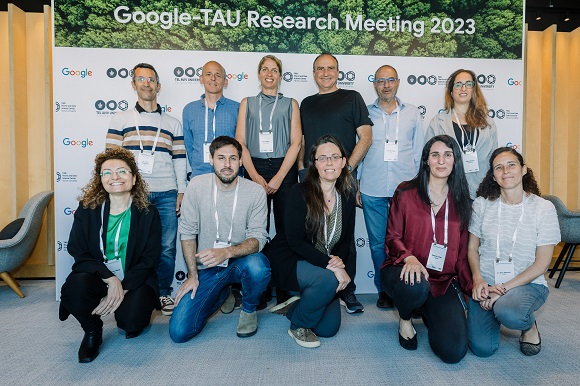
Grant Awardees (photo: Ofra Ron Mazor)
Focus on Sustainability and Education
During the opening ceremony, TAU president, Prof. Ariel Porat, Prof. Yossi Matias, VP Engineering and Research, Google and Head of Google center in Israel, and Prof. Meir Feder, Head of TAD spoke about the program and the TAU-Google long-standing partnership:
Prof. Ariel Porat, President of Tel Aviv University, said: “Several years ago we began a fruitful collaboration with Google, led by Prof. Yossi Matias. The purpose of this partnership is to boost the contribution of AI to the improvement of human society and the world we live in. In this new program, we place the focus on utilizing AI tools to advance sustainability and education. Sustainability is absolutely critical to the continued existence of humanity, while education is crucial to the health of our society. TAU excels in both of these areas, and collaboration with Google will strengthen them even further.”
“Through our continued and expanded partnership with TAU and its Center for AI and Data Science, we hope to join together industrial and academic research to advance science and technology in these critical areas for humanity and society.” – Yossi Matias, Google
Yossi Matias, VP Engineering and Research, Google said: ”We have great opportunities to use AI to make a significant positive impact in many areas, and I’m excited about our continued investments in driving for positive change in Sustainability and Education. Through our continued and expanded partnership with TAU and its Center for AI and Data Science, we hope to join together industrial and academic research to advance science and technology in these critical areas for humanity and society.”
Promoting Inclusivity and Diversity
“We are also committed to continuing our efforts to make academia and industry more inclusive for all segments of society,” said Matias. Google started a mentoring program with ExactShe, established by Prof. Tova Milo, Dean at the Faculty of Exact Sciences at TAU, through which female Google volunteers will mentor female students from the Faculty, to create a supportive community and help them integrate into the research community and the industry.
“The collaboration with Google helps in another very important goal of the center – the support of underrepresented groups in the field of AI in academia and promote diversity and inclusive environment at the university.” – Prof. Meir Feder
Prof. Meir Feder, Head of TAD, thanked Google for the ongoing collaboration and the support in these important fields of AI research at TAU. “Both sustainability and education are topics of growing interest and AI can greatly advance these areas for the benefit of the environment and society in general. AI can help to address some of the biggest challenges such as innovate teaching and learning for all, climate change, water resources, renewable energy, biodiversity and more.”
“The collaboration with Google helps in another very important goal of the center – the support of underrepresented groups in the field of AI in academia and promote diversity and inclusive environment at the university. We are happy to join forces to promote all these important aspects.”
Joint Seminars and Meetings
As part of the long-standing partnership, TAD and Google held joint seminars in the last couple of years in the fields of AI for the Environment, and Health and AI. Led by Dr. Deborah Cohen, Senior Scientist at Google Research, and Dr. Shiri Stempler, Director of Research Collaborations at TAD, the meetings included talks by researchers from both TAU and Google who presented established results as well as work in progress and provided a platform to advance connections between academia and industry. Joint meetings will continue to be held as part of the new program as well.



